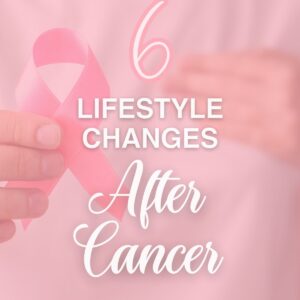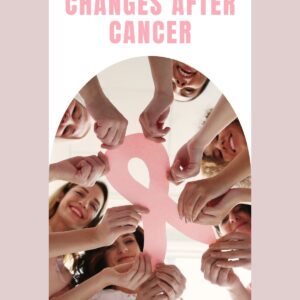Being diagnosed with cancer and navigating treatment can be a traumatic experience. You are thrown into life-changing decisions immediately that focus on eliminating cancer cells from your body. After the dust settles, and the initial shock dissipates, many patients begin to look at lifestyle changes to maintain and improve their health.
A life-changing illness like cancer can lead patients to reflect and think about how they may want to make lifestyle changes to reduce the risk of cancer recurrence. Many of the 6 lifestyle changes after cancer we will recommend, not only reduce cancer risk but also help you live your life to the fullest and build long-term health habits after cancer.
We recommend using these strategies to build a trusting and joyful relationship with yourself and cultivate physical and mental wellness.
6 Lifestyle Changes After Cancer
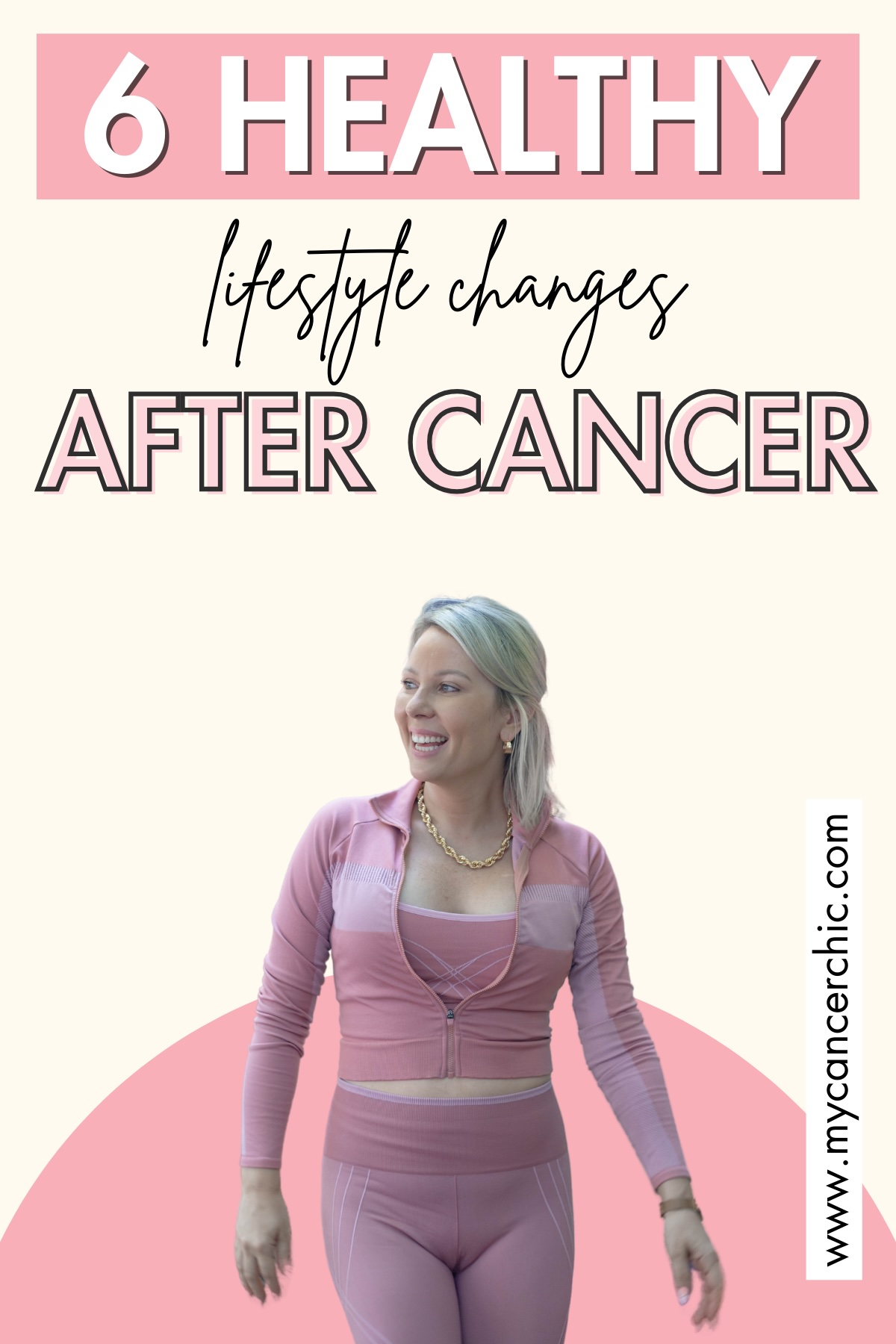
It can be tempting to feel a need to overhaul all areas of your life after cancer. Cancer can be terrifying and the all-or-nothing mindset can bring comfort and a sense of control.
Instead of thinking about adopting all of these lifestyle changes at once, do an audit of your lifestyle. And pick 1-2 areas you may want to focus on first for long-term success and health benefits.
Cancer prevention is not a sprint, it is a marathon to long-term health.
1. Reduce or Eliminate Alcohol
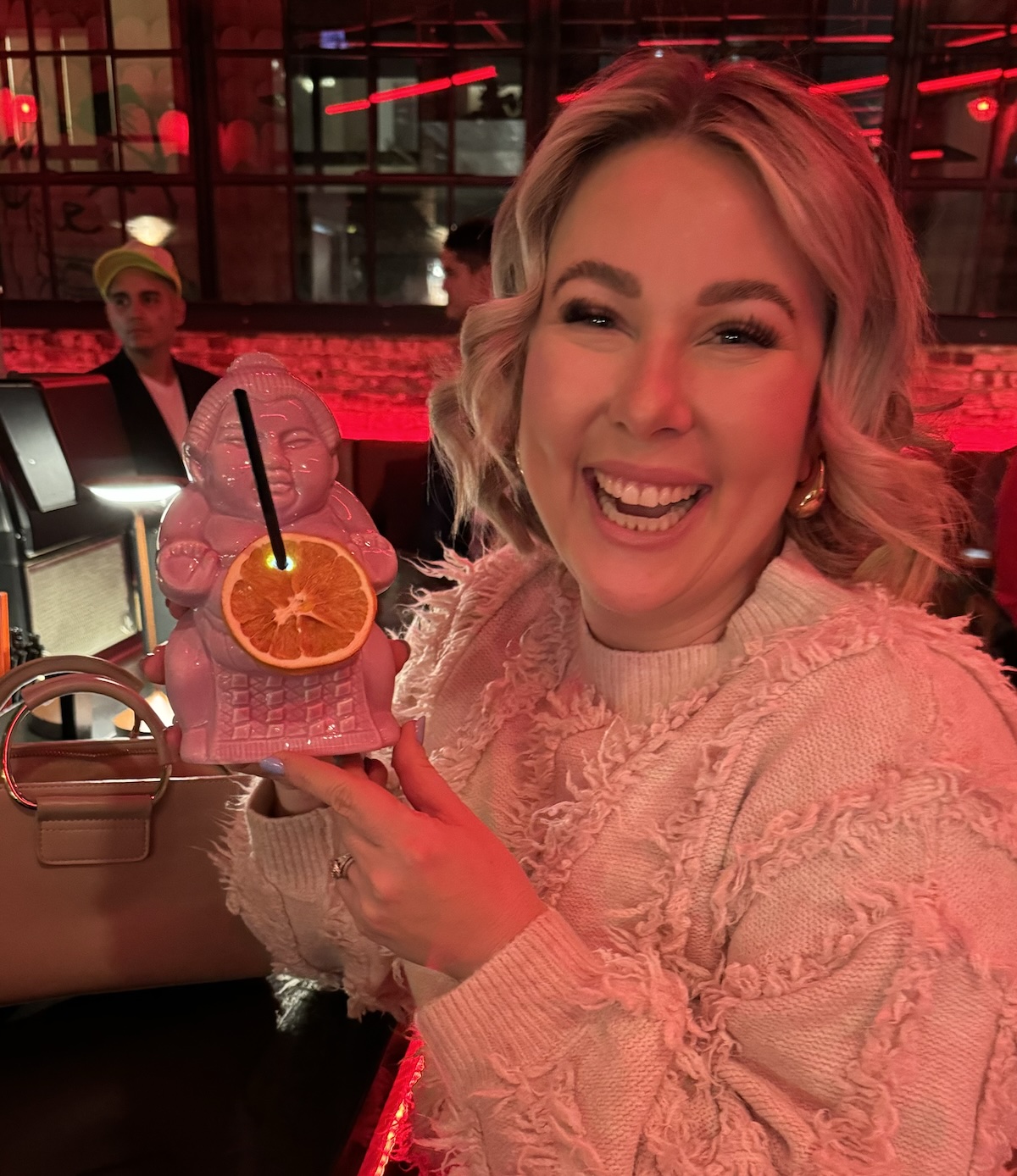
In the US, alcohol consumption accounts for approximately 6% of all cancers diagnosed and 4% of all cancer deaths, according to the American Cancer Society (ACS).
In a recent article for Cancer.net Dr. Eleanor Teplinsky (one of my favorite oncology advocates and educators) shared that alcohol can increase your cancer risk in multiple ways, including: DNA damage, damage to the liver, Impacting the body’s ability to break down harmful chemicals and absorb helpful nutrients, raising estrogen levels and exposure to carcinagenic contaminants.
The ACS guidelines state that is it best to not drink any alcohol. But for people who are drinking alcohol, it’s important to limit your intake as much as possible.
For some people, giving up alcohol completely is a decision they can easily make for cancer prevention. For a balanced quality of life, people will often choose a healthy lifestyle shift that minimizes alcohol consumption. This is the area I stay in. I mostly opt for mocktails and enjoy a cocktail with friends occasionally, but we don’t keep alcohol at home.
2. Incorporate Stress Reduction Techniques
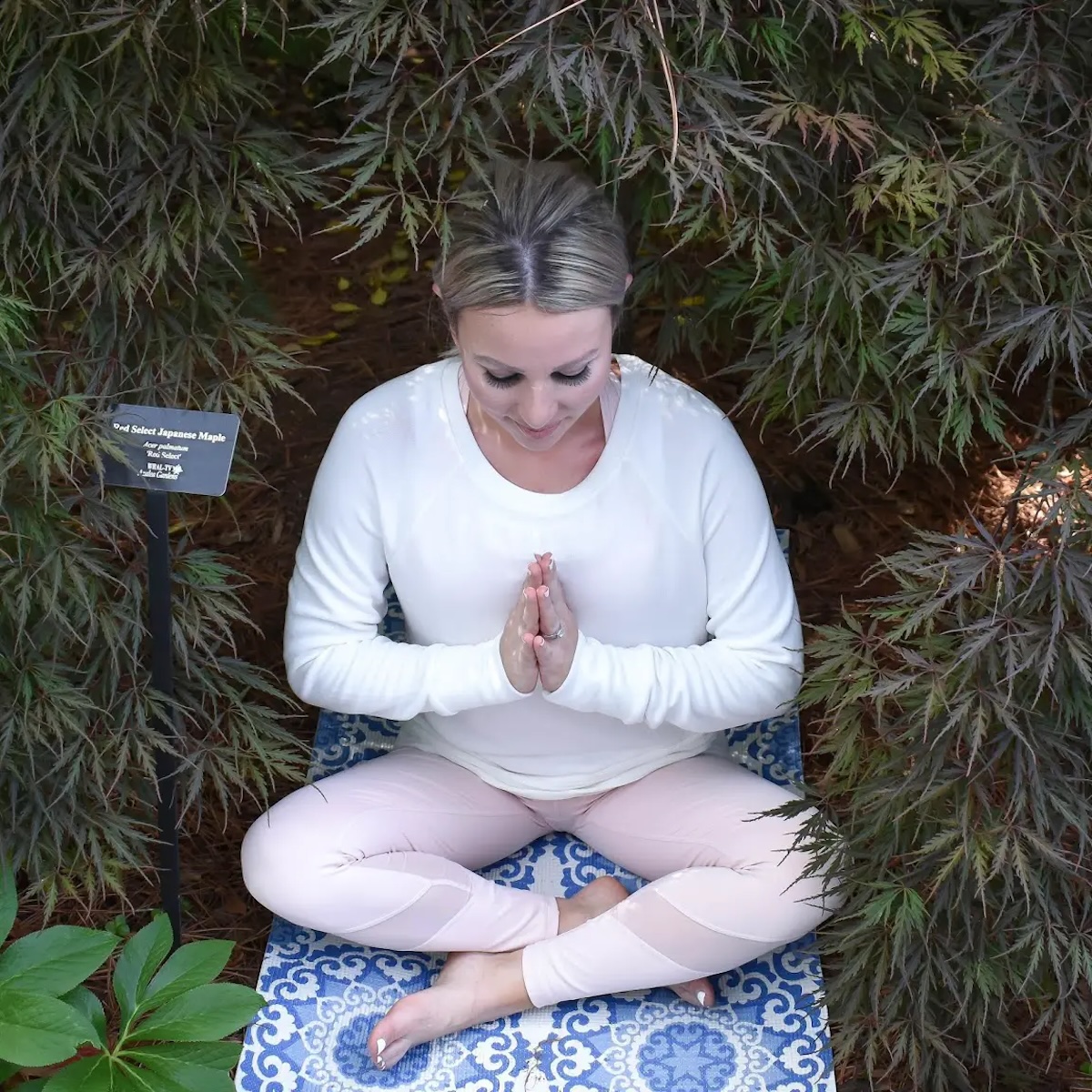
Nearly 1 in every four people diagnosed with breast cancer experience depression, according to ACS. People who are diagnosed with breast cancer are also more likely to experience at least one or more of the following: addiction, anxiety, fatigue, insomnia, memory loss, mood swings, and post-traumatic stress disorder (PTSD).
These mental health impacts can present as cognitive dysfunction, anxiety, negative body image, depression, or fear of recurrence. Finding ways to cope with these mental copes can be extremely important for your health and well-being.
Writing for healing and meditation are two coping strategies proven to decrease blood pressure, reduce stress, improve mental functioning, and improve immune functioning. If you’re looking to start a journaling routine, check out these self-love journal prompts to get started.
3. Increase Plant-Based Consumption
While many cancer patients may feel pressured to eliminate red meat and start a fully plant-based approach to eating, I suggest the plant-forward approach from Nicole Andrews, Oncology Registered Dietician and Cancer Coach.
As Andrews says in The F**K Cancer Cookbook, a plant-forward diet is one that includes all foods except processed meat and alcohol. It is focused on two-thirds of the meals or snacks being made up of vegetables, fruits, whole grains, beans, legumes, nuts, and/or seeds. Then, the other one-third of the meal or snack is made up of fat sources. Including lean dairy, lean animal protein, and a moderation of desserts. I love that Andrews takes the approach that you do not need to go fully meatless or vegan to reduce your cancer risk and have a healthy diet.
This approach is much more achievable for most people and allows for more consistent and less restrictive healthy eating. I am big on prioritizing plant-based foods, and incorporating nutrient-dense recipes into our family diet.
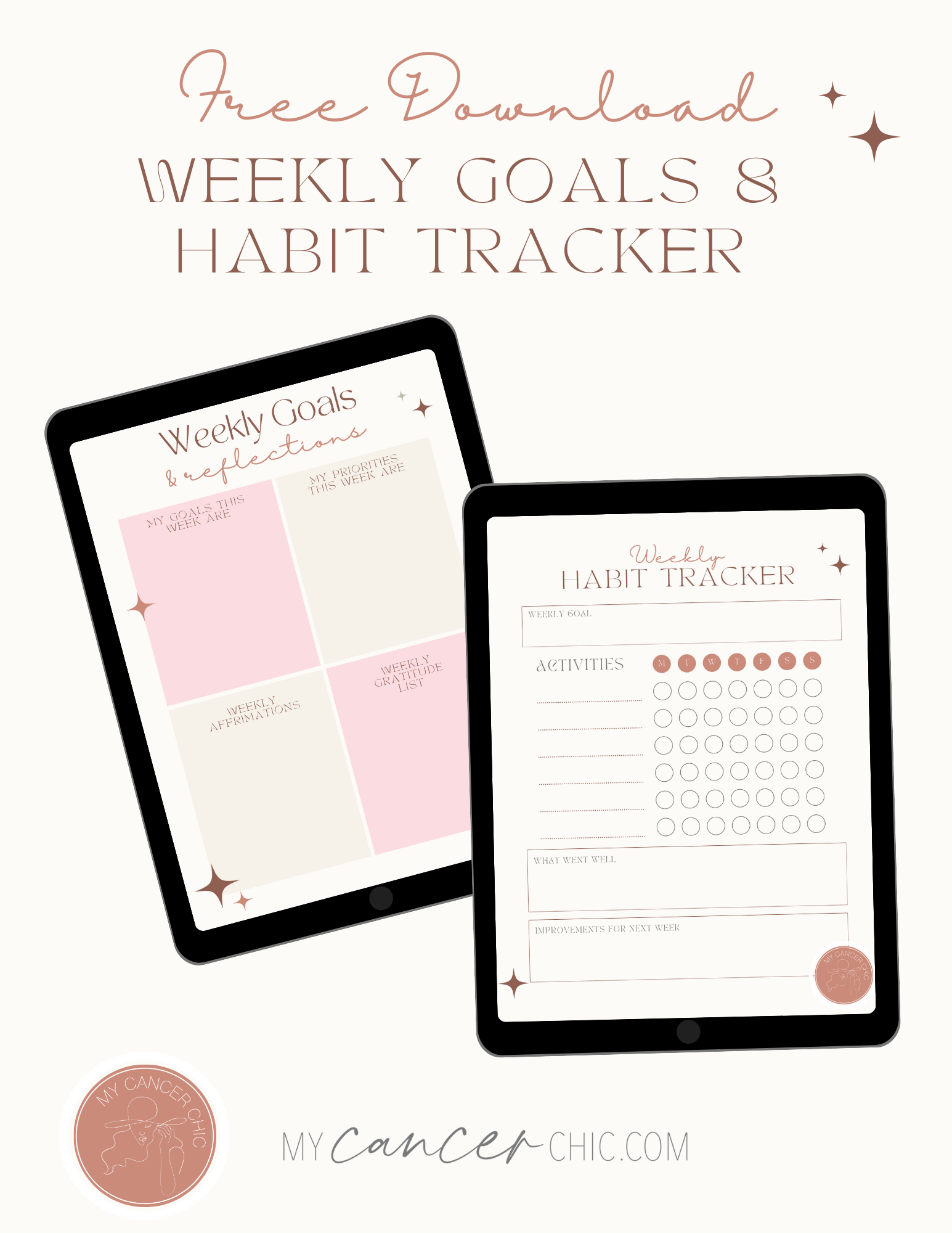
4. Adopt a Joyful Movement Routine
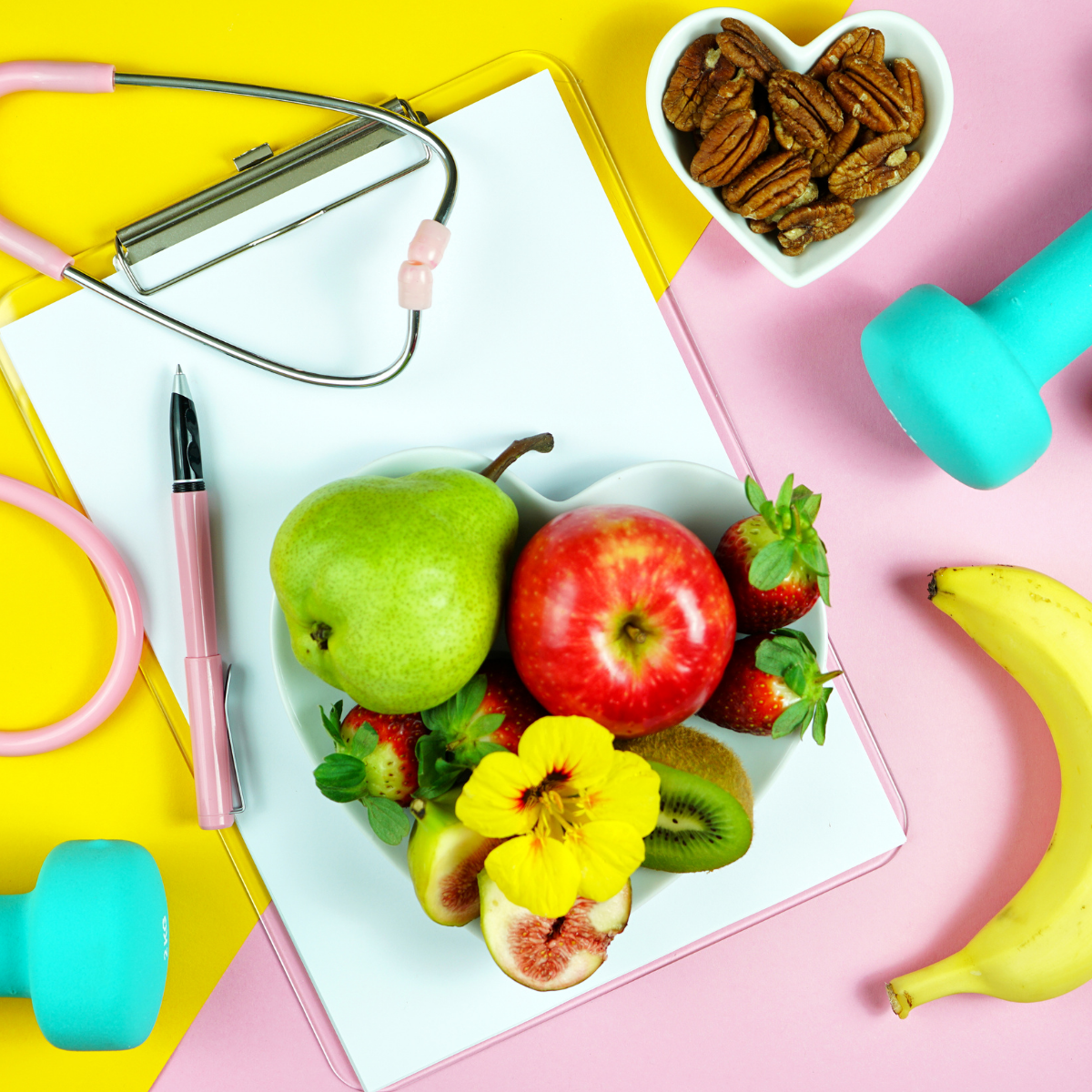
According to the ACS, physical activity has been linked to a lower risk of several types of cancer, including Colon cancer, Breast cancer, Endometrial cancer, and many more.
Finding a form of movement that you can do consistently will help you maintain a healthy body weight and manage stress. The benefits of exercise are indisputable! It lowers our risk of disease, improves health, boosts energy/mental clarity, and more.
As my favorite intuitive eating dietician, Colleen says “Exercising in an intuitive way builds trust, harmony, and even joy in the movement that you choose to do. Intuitive exercise also allows you to rest and recharge without guilt or regret.”
After cancer treatment, your energy is going to be zapped. Show yourself grace as you rebuild your stamina after treatment. It can take over a year for your treatment-related fatigue to reduce.
You may also want to explore new forms of exercise to see what brings you joy and fulfillment.
5. Prioritize Sleep

Sleep is when the body recovers and heals. While you may feel an immediate rush to do all the things you couldn’t do during cancer treatment (and you will), give yourself time to rest.
If you are eating well, moving your body, and taking care of your mind but not sleeping, you are doing yourself a disservice. Likewise, with all the other lifestyle changes, start slow. Routine is everything, especially when it comes to sleep.
Start your bedtime routine 5-10 minutes earlier each night. Before you know it, you’ll have an extra 30 minutes of rest.
6. Minimize Toxins in Your Products
Notice, this does not say eliminate toxins. It can be tempting to panic about all the toxins we are exposed to daily from our makeup to our cleaning products. And even the chemicals we consume inadvertently while we navigate the world around us. Instead of immediately trying to eliminate all toxins around you (which would be impossible), think about reducing your risk by making small changes in your lifestyle.
If you run out of dish soap, explore buying one without fragrance or chemicals. If your mascara runs out, look for a safer option with fewer known chemicals. It’s these small, consistent, healthy lifestyle changes that can reduce your chance of cancer. And lessen the anxiety surrounding cancer recurrence. Learn more about known and probable human carcinogens on the American Cancer Society website.
Which of these six lifestyle changes do you want to focus on first? I am cheering you on as you build the healthy lifestyle you want to achieve.

